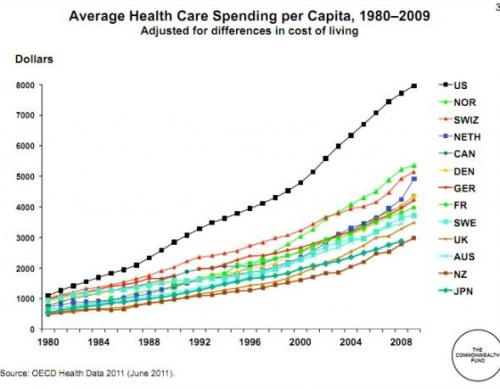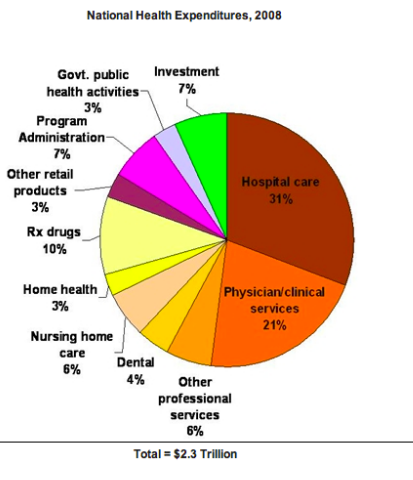Cross-posted at Reports from the Economic Front.
The British economy is a disaster. Oddly enough most analysts find it difficult to explain why.
Actually the reason is quite simple. The British government responded to its own Great Recession by cutting spending and raising taxes. The result, which is anything but mysterious, is that the county remains in deep recession.
Matthew O’Brien, writing in The Atlantic, describes the situation as follows:
…public net investment — things like roads and bridges and schools, and everything else the economy needs to grow — has fallen by half the past three years, and is set to fall even further the next two. It’s the economic equivalent of shooting yourself in both feet, just in case shooting yourself in one doesn’t completely cripple you. Austerity has driven down Britain’s borrowing costs even further, but that’s been due to investors losing faith in its recovery, rather than having more faith in its public finances. Indeed, weak growth has kept deficits from coming down all that much, despite the higher taxes and slower spending. In other words, it’s economic pain for no fiscal gain.
Below is a chart taken from The Atlantic article. It shows that:
Britain’s stagnating economy has left it in worse shape at this point of its recovery than it was during the Great Depression. GDP is still more than 3 percent below its 2008 peak, and it hasn’t done anything to catchup in years. At this pace, there will be no recovery in our time, or any other time.
In other words, while the British economy suffered a deeper decline during the Great Depression period of 1930 to 1934 than to this point in the Great Recession which started in 2008, the economy recovered far more quickly then than now. In fact, it doesn’t seem to be recovering now at all.
Perhaps the most surprising thing about the situation is that political leaders appear determined to stay the course.
Martin Hart-Landsberg is a professor of economics at Lewis and Clark College. You can follow him at Reports from the Economic Front.











